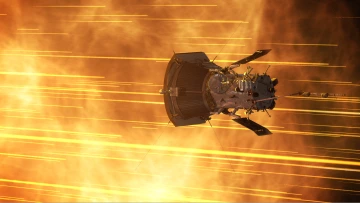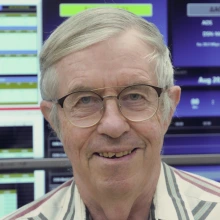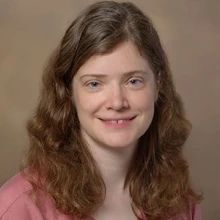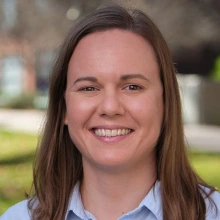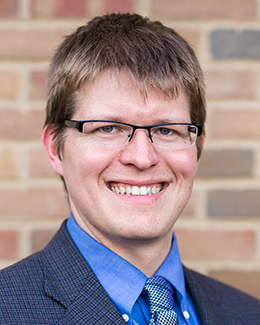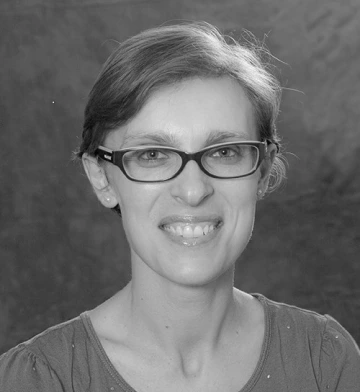
Professor Ilaria Pascucci won the 2025 University of Arizona Koffler Prize in the category of Research and Scholarship for her transformative contributions to our understanding of the formation and evolution of planetary systems.
Professor Pascucci's research is directed towards understanding how planets form and evolve and how common are planetary systems like our own Solar System. Her group carries out observations aimed at characterizing the physical and chemical evolution of gaseous dust disks around young stars, the birth sites of planets. In addition, they use exoplanet surveys to re-construct the intrinsic frequency of planets around mature stars. By linking the birth sites of planets to the exoplanet populations, they contribute to building a comprehensive and predictive planet formation theory, a necessary step in identifying which nearby stars most likely host a habitable planet like Earth.
In 2023, Dr. Pascucci's teaching was recognized with receipt of the Professor Leon and Pauline Blitzer Award for Excellence in the Teaching of Physics and Related Sciences. She was elected as a Fellow of the American Astronomical Society in 2022.
The University of Arizona Koffler Prizes recognize outstanding accomplishment in the areas of teaching; research/scholarship/creative activity or public service/outreach with an emphasis on originality and international recognition.


